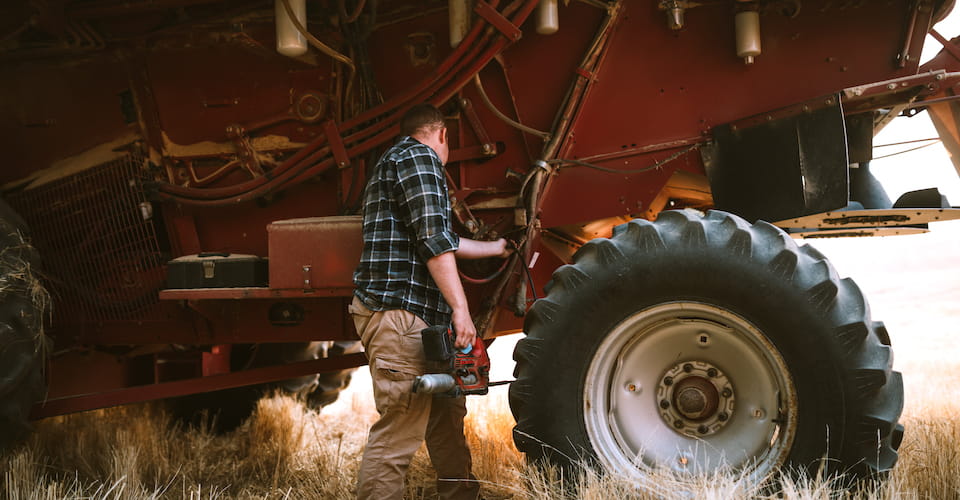
Assess your storage and fill early to avoid propane supply headaches during harvest.
Last year, crop drying demand was record-high, and propane supplies were tight in many areas across the country. In some areas, farmers struggled to have propane for grain drying. Agribusinesses and residential users saw higher heating bills.
Last season began with a cool, wet spring and ended with record-high grain drying needs. So far, weather conditions this year are following a similar pattern, especially in the northern states. Unfortunately, we can’t predict what this year’s harvest season will bring. Early preparation is the key to ensuring an adequate supply through the harvest and winter seasons.
Here’s how farmers and agribusinesses can prepare.
Assess your energy and storage needs
Speak with your propane retailer about your estimated energy needs and current propane storage capacity. You might consider upgrading or increasing your storage if
- Your operation has recently increased grain storage and drying capacity.
- You rely on propane to heat livestock facilities.
Fill your tanks early
Talk with your supplier about your winter propane needs during the summer months, while propane demand is at a seasonal low.
- Ask your retailer about early pricing programs, which allow farmers and agribusinesses to lock in propane at a set price for fall and winter.
- Filling tanks earlier in the summer can help ensure you’ll have adequate supply when harvest begins.
- Propane use surges in the fall and winter due to peak crop drying and heating needs. That spike in demand – combined with long-term propane distribution changes and shifting climate patterns – makes it wise to fill your tanks in the summer, while supplies are more readily available.
If you’re interested in updating your equipment as well, look into the Propane Education and Research Council’s 2014 Propane Farm Incentive Program. For the second year in a row, farmers can earn up to $5,000 on select grain dryer models in exchange for collecting and reporting post harvest performance data. Learn more.
For more information, contact your local propane dealer and visit the agriculture page.










